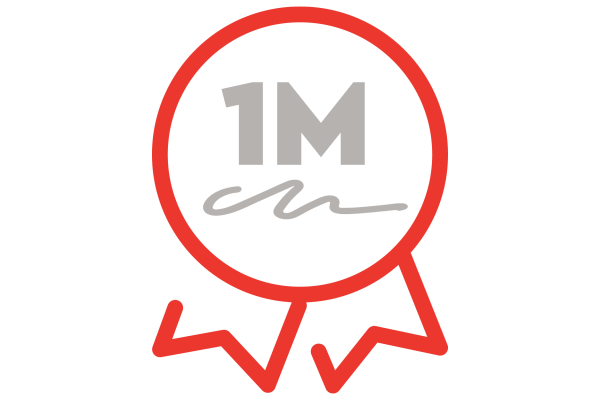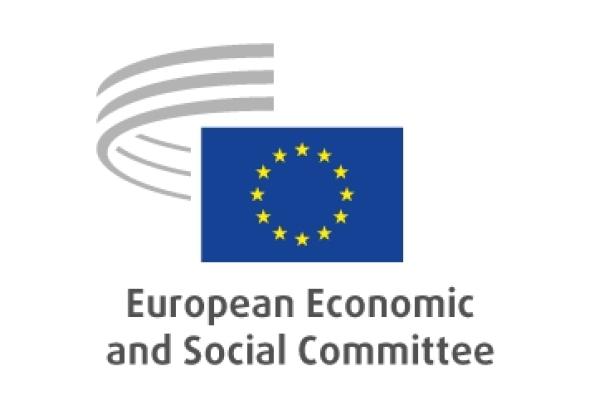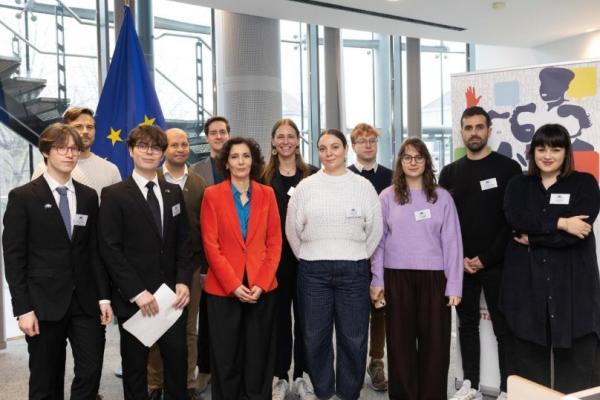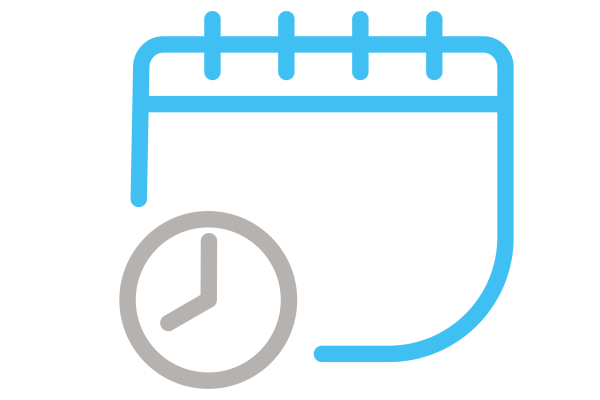
On 29 January, the European Commission registered a European citizens' initiative entitled ‘Stop Funding Russia’s War: Phase Out Harmful and Useless Russian Imports into the EU’.
The initiative invites the Commission to propose measures to end the EU’s remaining import dependencies on Russia and Belarus by introducing sectoral bans or decisive phase-outs.
The initiative organisers have six months to open the signature collection.








